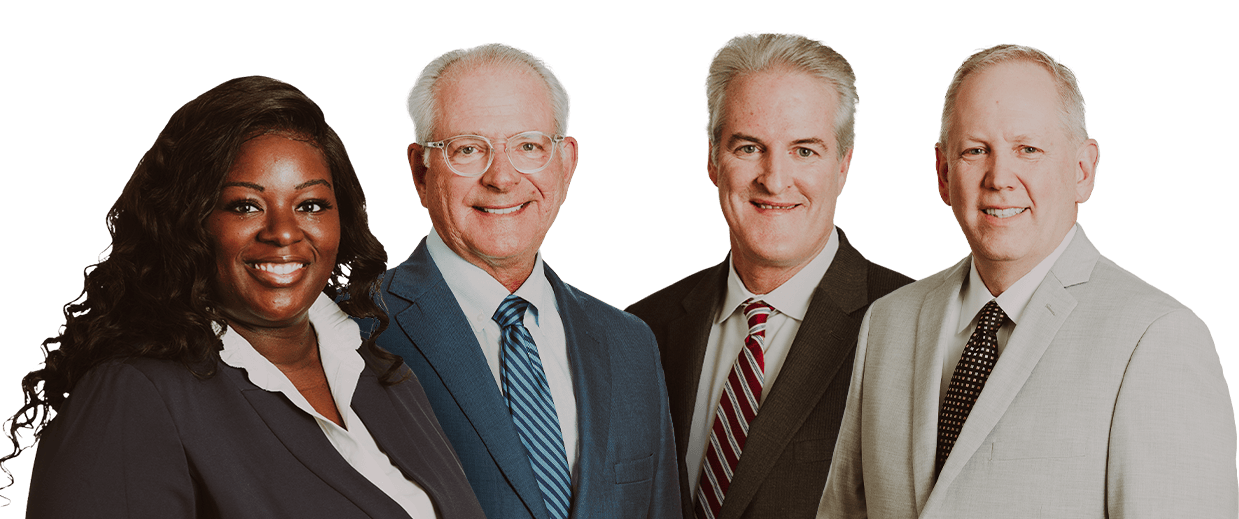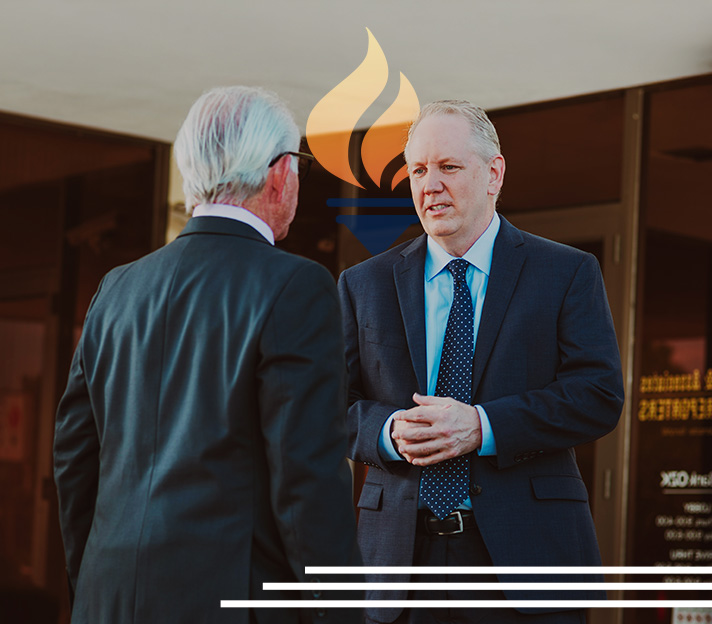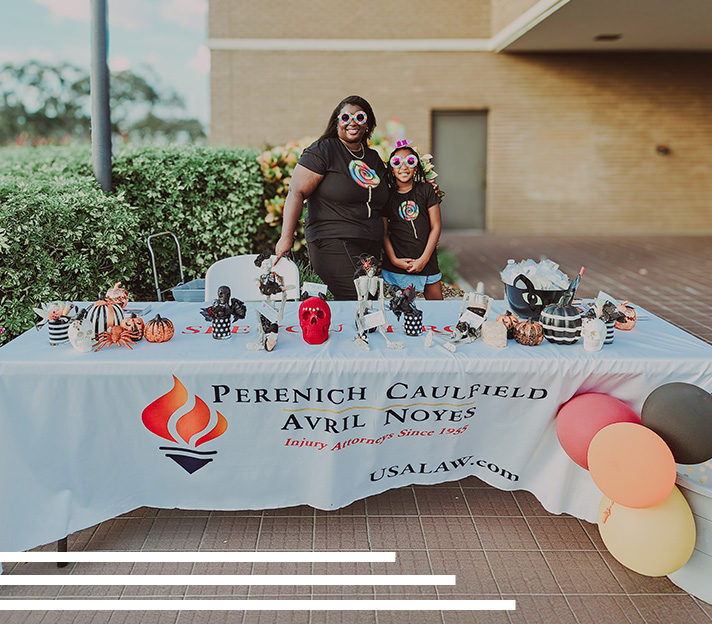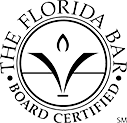Rotator Cuff Injury
Lift your arm above your head; extend your arm out to the front or straight backward; move your arm in a circular motion; all of these actions are possible because of the body’s rotator cuff.
With that said, an injured rotator cuff can lead to serious issues with arm mobility and strength, which can lead to you being unable to return to work or provide for your family. As such, if you’ve recently damaged your rotator cuff, it’s good to have an understanding of the treatment, costs, and long-term outcomes that accompany such an injury.
What Is the Rotator Cuff?
Contrary to what you might think, the rotator cuff does not refer to a single body part. Instead, it is the collective medical term for the important group of muscles and tendons found within the shoulder area.
The rotator cuff is composed of these four muscles:
- Subscapularis
- Supraspinatus
- Infraspinatus
- Teres minor
Each of these muscles ends in a tendon, which attaches the muscle to the bones and joints in the shoulder and arm. The most common forms of rotator cuff injuries occur when one of these tendons is torn away from the bone, but any kind of damage or strain to any of the tendons or muscles is considered to be a type of rotator cuff injury.
How Do Rotator Cuff Injuries Happen?
Injuries to the rotator cuff can happen in a variety of ways, though most fall into one of two categories: trauma and overuse.
Trauma to the rotator cuff can occur during an accident; examples include things such as:
- Workplace accidents
- Falls
- Car accidents
- Sporting accidents
- Physical assault
Overuse injuries, which are also called repetitive motion injuries, happen when the muscles and tendons become injured by performing stressful, repetitive actions over time.
Weightlifting and participation in sports are common sources of these particular rotator cuff injuries, as are general work responsibilities, such as lifting heavy objects or performing repetitive motions with your arms. Additionally, some factors — age, muscular imbalances, and poor posture, for instance — put an individual at a higher risk of injuring the rotator cuff.
What Are the Signs and Symptoms of a Rotator Cuff Injury?
Though a rotator cuff injury is generally hard to ignore, the signs and symptoms may still differ depending on whether the injury is a result of an accident or long-term overuse.
Injuries caused by trauma naturally tend to occur suddenly and can usually be directly traced back to the accident. The symptoms of a rotator cuff injury related to overuse or repetitive motion, on the other hand, are more likely to come on gradually over time, slowly increasing in intensity.
Still, regardless of timeline and intensity, all rotator cuff injuries tend to share at least some signs and symptoms, which include the following:
- Pain in the shoulder area that spreads down the arm or up the neck
- Limited range of motion in the shoulder or arm
- Loss of strength in the arm
- Clicking or popping sounds
One other common sign of a rotator cuff injury involves sleep disturbances. When the affected arm and shoulder are stationary for a long period, the pain can increase to the point it leaves the injured person unable to rest or sleep.
Rotator Cuff Injury Diagnosis and Treatment
A rotator cuff injury must be diagnosed by a medical professional through a process that usually begins with a physical exam, in which a doctor will test the strength and range of motion in the arm. If that physical test indicates that the muscles in the rotator cuff might be injured, the next step that is often taken is to order imaging in the form of an MRI, ultrasound, or X-ray.
Based on the imaging results, the doctor will then identify the appropriate course of treatment. For severe rotator cuff injuries, treatment might require surgical intervention, especially when tears to the tendons or muscles in the area are severe.
A common surgical approach is arthroscopy, which is a minor procedure commonly used to diagnose and treat joint problems. That said, in other cases, invasive surgery might be required to access the injured area.
The recovery period following surgery is similar to the treatment approach recommended for a non-severe rotator cuff injury, which typically entails the following measures:
- Rest
- Physical or rehabilitation therapy
- Pain medication
- Steroid injections
Once any necessary surgical interventions are complete, therapy will become the primary method of treating rotator cuff injuries. The problem with that, though, is that therapy typically occurs over several weeks or months, which means the injured individual will most likely need to modify their work responsibilities or refrain from work altogether as they heal and recover.
What Are Some Long-Term Medical Outcomes For Rotator Cuff Healing?
It can be difficult to predict the long-term healing outcomes for injuries to the rotator cuff’s muscles and tendons. Some allow for a full recovery in due time, but in other cases, even though therapy or surgery may bring some relief, a full recovery will never occur.
Chronic pain, a reduced range of motion, and loss of strength in the impacted arm are all common long-term outcomes after a rotator cuff injury.
Factors like age, physical health, and life responsibilities also all play certain roles in the outcome of a rotator cuff injury. The muscles and tendons of a young person are more likely to heal fully than those of someone much older, for instance.
In some cases, an individual may find it impossible to resume their former work duties. Even in others, where a return to work is on the table, individuals may be warned by a doctor that resuming work will result in further injury to the rotator cuff.
Alongside all of the physical consequences, a rotator cuff injury can also have a serious negative impact on the injured person’s finances. At best, it will result in bills for things like medical treatment, medications, and physical therapy. Even then, the injured person will often lose out on wages and benefits until they can resume work.
More serious rotator cuff injuries can result in the need for costly surgeries and other medical procedures. In cases when the rotator cuff doesn’t fully heal, the injured individual may be left permanently unable to return to work.
Contact Perenich, Caulfield, Avril & Noyes Personal Injury Lawyers for Help
If you’ve suffered a rotator cuff injury in Clearwater, FL, Perenich, Caulfield, Avril & Noyes Personal Injury Lawyers is here to help. Contact our firm today to schedule a free consultation at (727) 591-3354 and learn how our experienced Clearwater personal injury lawyers can help you fight for compensation for your rotator cuff injury.

We treat you like family.
If you can’t come to us, we’ll come to you.
Representing Accident Victims in Tampa Bay since 1955



-
“Friendly knowledgeable and kept me informed about my case. Any offer, bill or question was readily answered. Would definitely recommend and refer people to Bryan Caulfield and his team!!”- Betty B.
-
“Mrs Bryant works her butt off to make sure you get what is do to you in medical and beyond! They won’t take your case if they don’t feel you haven’t been wronged.”- Christine R.
-
“Working with Mark Perenich on my auto injury case was an absolute game-changer. From the very beginning, he brought a level of professionalism, expertise, and care that immediately put us at ease.”- Kerry B.
-
“Lorrie and Allyson are phenomenal. I highly recommend them to anyone. It seemed like a never ending journey but I can’t thank them enough for diligently fighting my case with the greatest integrity, support and prayers.”- Former Client
-
“From the first day we met this law group I felt very comfortable and knew we would be well taken care of. This was our first experience filing for SSD, and was not disappointed. The lawyers are awesome and very professional.”- Shari J.
-
“Very nice they worked with you. Never ignored me with my case. Always on top to work with you. Thank you so much for all that you have done to help me! Very highly recommend.”- Margarita O.
-
“My appointed attorney was Jacqueline, Bryant. She is very compassionate about her client and work. When it comes to negotiation, she's a Beast and she gets the job done.”- Alaina J.
-
“What was particularly awe inspiring was the recall of facts and testimonies from medical personnel that Para Legal Ms. Josephine Elizabeth Angelo was able to make. Her memory and acumen for detail was admirable.”- Maylisa Y.
-
“Wonderful, impeccable, personalized, authentic, truthful, honest experience. Rare, real, and human firm.”- Sheryl G.


We’ve been proudly serving Clearwater, St. Petersburg, and the Tampa Bay area for generations. As the first personal injury law firm in Clearwater, our dedicated legal team brings over 300 years of combined experience to each and every case. If you’ve been injured and need support, please reach outtoday for a free consultation, we are here to help you.















